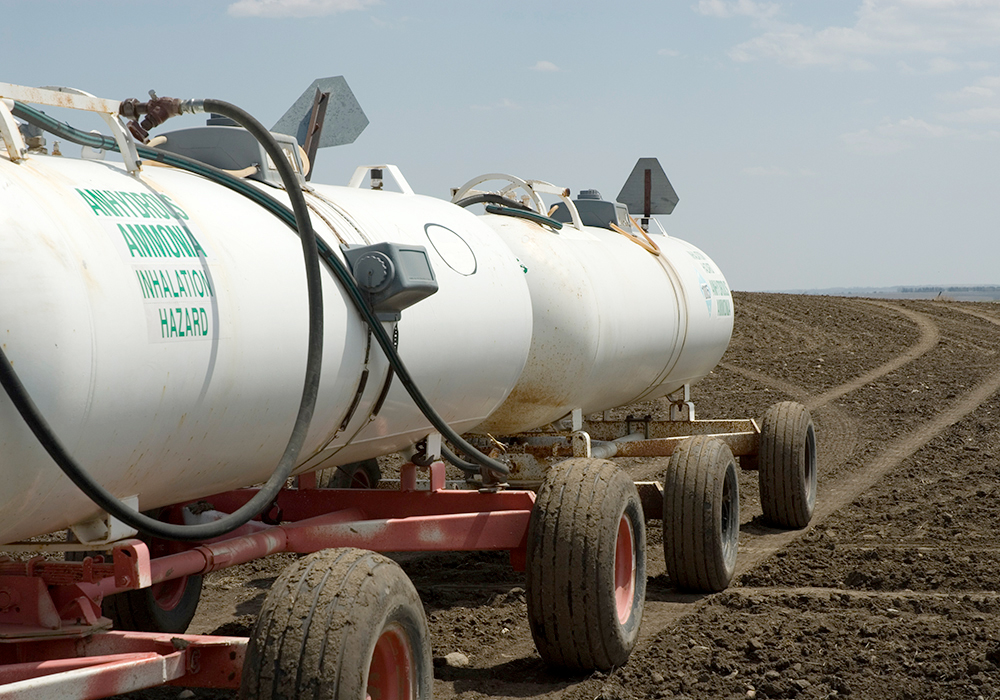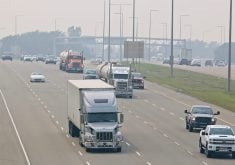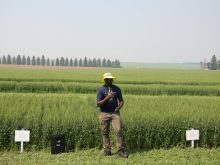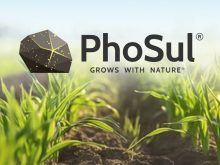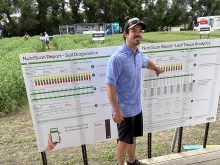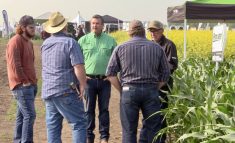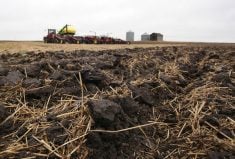Agriculture Canada is establishing a fertilizer working group as a result of its recent consultation on fertilizer emissions.
The group will be formed under the Sustainable Agriculture Strategy advisory committee that is consulting until the end of the month on a plan for the sector.
According to a federal government news release, the idea is to strengthen communication between industry and government on fertilizer best practices and identify ways to reduce emissions. It will look at program funding, the adoption of best practices and improving measurement and tracking of emissions.
Read Also
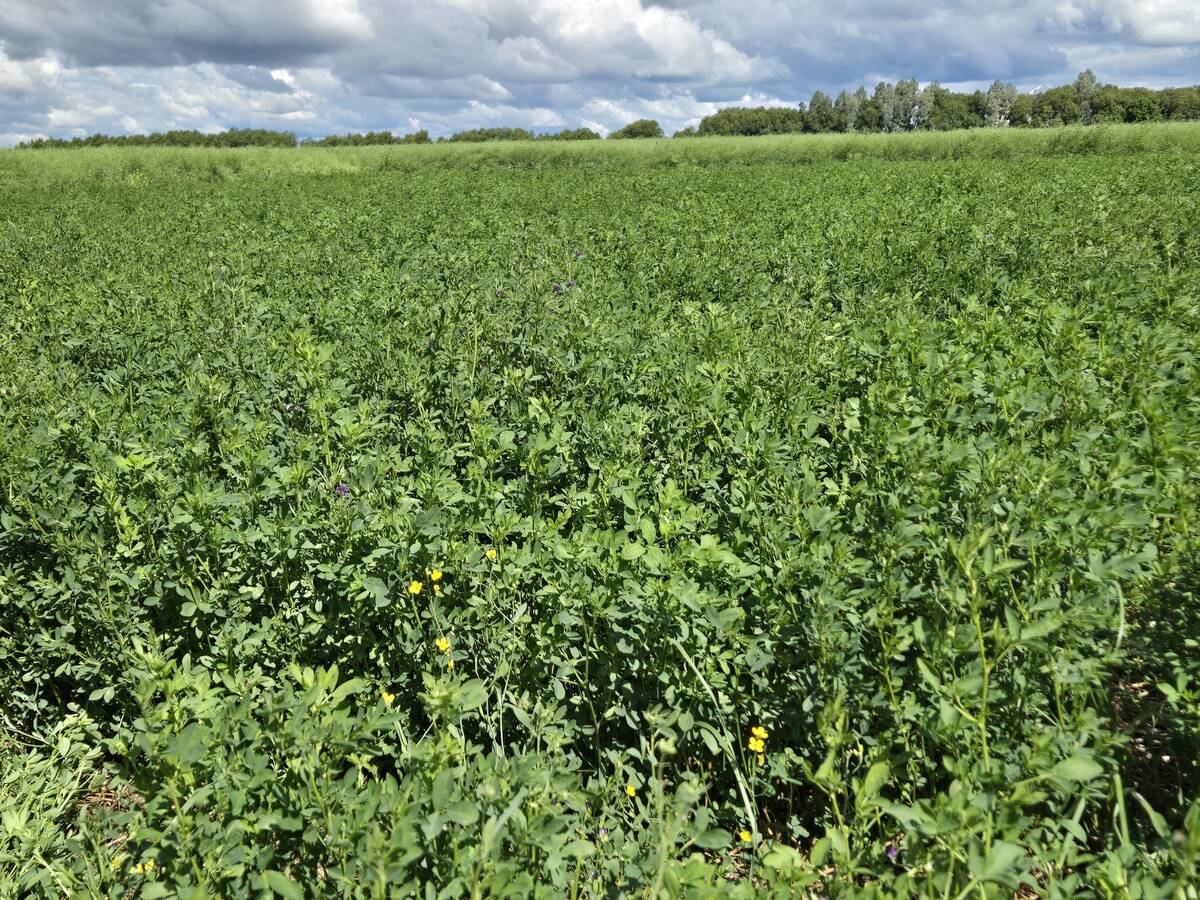
Manitoba Parkland research station grapples with dry year
Drought conditions in northwestern Manitoba have forced researchers at the Parkland Crop Diversification Foundation to terminate some projects and reseed others.
The department received more than 2,000 submissions during the consultation; more than half of those were from the general public.
The consultation found a number of shared views, including recognizing farmers for the work they already do to reduce emissions and promote sustainability, the critical role of contributing to food security, recognizing the economics of reducing emissions, regional considerations and communication.
The report said there was a lot of concern about the 30 percent reduction target, questioning whether it was needed and whether it will become mandatory.
“There were also concerns about the timeline for the target, including an acknowledgement of the amount of work that remains, particularly when it comes to data and measurement,” the report said.
“A significant number of respondents preferred an intensity-based reduction in emissions rather than an absolute emissions reduction.”
Contact karen.briere@producer.com




